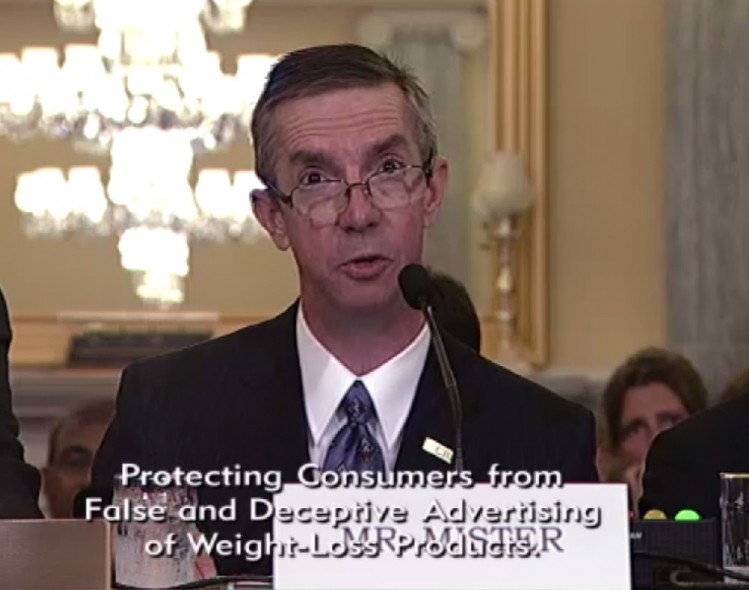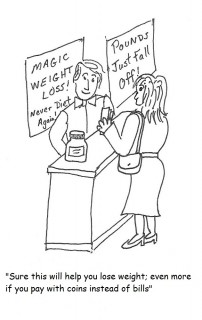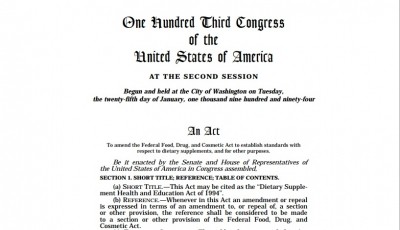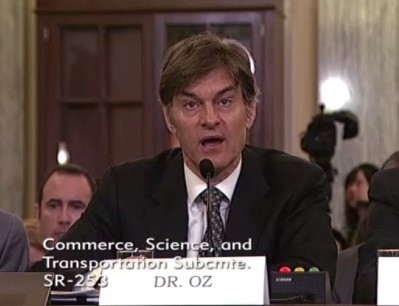What I Learned from Oz

Weight loss is a red flag. While the Federal Trade Commission (FTC) has identified seven specific claims it considers “red flags” for investigation, the truth is the entire weight management category is a red flag for regulators. Like wagging a red cape in front of a bull, any promotions for weight loss tied to a pill, capsule, powder or drink are bound to attract attention from industry critics and the FTC. That doesn’t mean product developers and marketers should avoid the category entirely, but accept that everything you say in advertising in this sector will be subject to additional scrutiny. So it’s all the more critical to be “all buttoned up” with any claims you make.
The FTC’s Red Flags are just the start. There are seven specific claims the FTC has identified[1] as patently false—statements like “Lose weight permanently; never diet again,” or “No need to change what you eat.” FTC tells consumers to run from these claims. But that shouldn’t be the end of your advertising review—those are just the claims FTC says couldn’t possibly be true. Even claims about sensible eating and losing weight slowly must be substantiated with data. Unlike the claims for other supplements that would be impossible or impractical to defend with clinical trials, weight loss trials are relatively inexpensive to sponsor and can be of short duration, so expect to defend your weight loss claims with research.
“Clinically proven”? This really gets the FTC’s ire up. Saying something is “clinically proven” (also known as an “establishment claim”) is a pretty high standard to meet. It’s just silly to use this phrase unless you have done the following: conducted at least two well-conducted randomized, placebo controlled clinical studies that demonstrate the efficacy of exactly the claims you make. These studies should use exactly the same formulation of the same ingredients at the same amounts as are in your product—in fact, why not just use your commercial product in the trials? These studies should be large enough to demonstrate statistical significance of the weight loss effects over the control group on a population that is the same as your target consumer. Marketing to 50-ish year old women who are 30 pounds overweight? Then that should be your study population. And if you aren’t prepared to go to these lengths in your substantiation, then please, don’t make a “clinically proven” claim—or start writing your civil penalty check to the U.S. Treasury right now.
Consumers need a dose of reality. “Lose 30 pounds in 30 days?” Come on, you know and I know that’s unrealistic, unhealthy, and not likely to last. You are going to have to eat sensibly, and add some exercise to your schedule; but if you put in some effort, dietary supplements can play a role in helping you with satiety or increasing energy. No magic beans, just sensible, healthy weight loss over time. And isn’t that better than wasting your money on something that deep in your gut you know doesn’t really work…” Along with Dr. Oz, the supplement industry must take some of the responsibility for creating unrealistic expectations among consumers. Only when we start being honest with our customers that weight loss takes time and effort will the truthful claims start to resonate with them. Dr. Oz has taken it on the chin over the past two weeks because of the flowery language he used on his show. “Magic” and “miracle” are out; “sensible” and “helpful” and “part of a healthy diet” are in. The Senate hearing should serve as a wakeup call to the industry as well. We need to shape up on this weighty topic. Dietary supplements and meal replacements formulated for weight loss are a $5.3 billion a year industry in the U.S. Let’s add in a few ounces of responsibility.
Steve Mister
President & CEO, Council for Responsible Nutrition
[1] Bureau of Consumer Protection. (2014) Gut Check: A Reference Guide for Media on Spotting False Weight Loss Claims. Retrieved from http://www.business.ftc.gov/documents/0492-gut-check-reference-guide-media-spotting-false-weight-loss-claims#claims

















